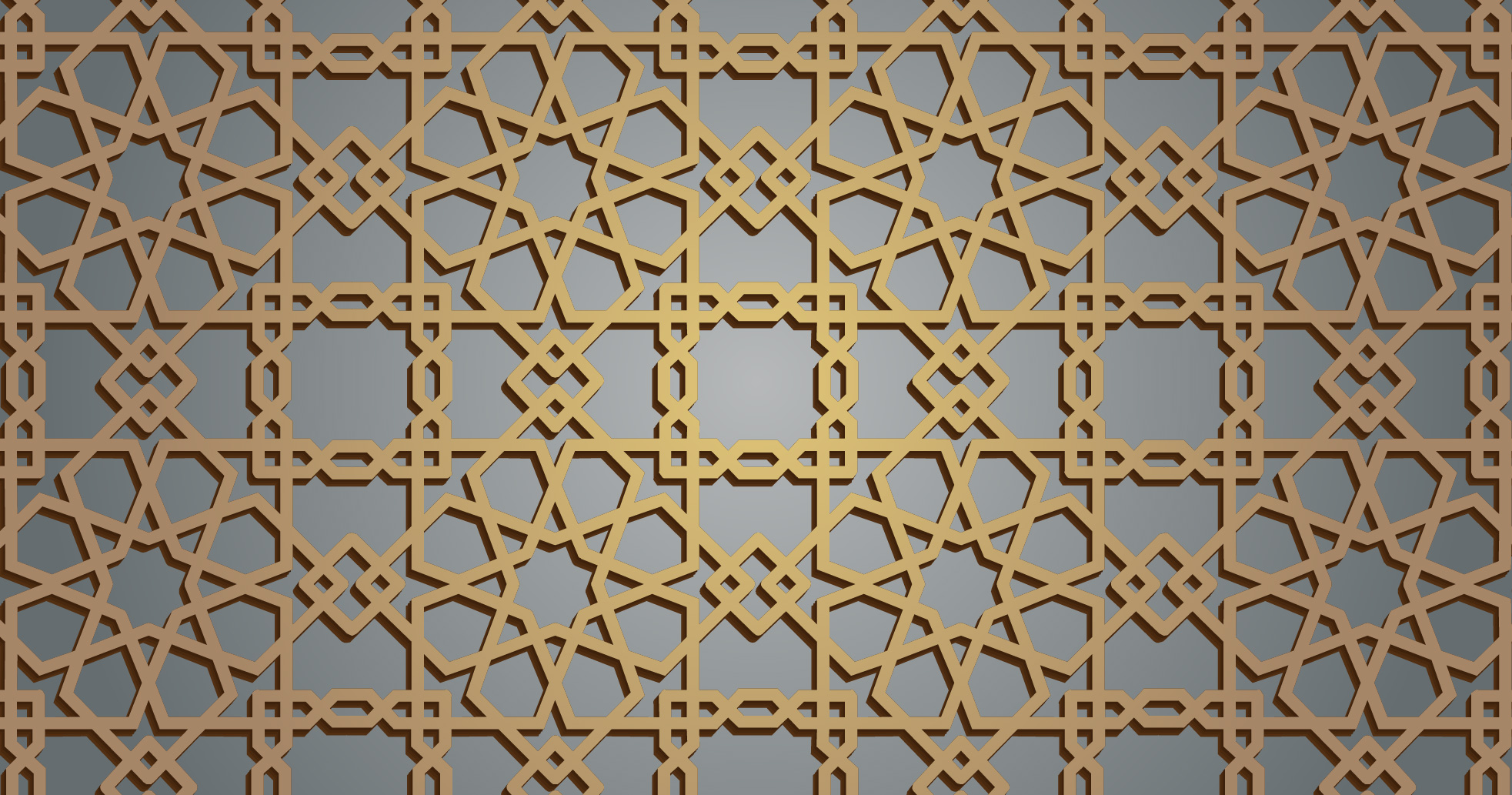Mojtaba Mahdavi interviewed by Ehsan Kashfi
Interview with Prof. Mojtaba Mahdavi Discussing His Recent Publication:
Mojtaba Mahdavi. Ed. The Myth of Middle East Exceptionalism: Unfinished Social Movements (Syracuse; NY: Syracuse University Press, 2023.
Ehsan Kashfi (EK): I am delighted to have with us a distinguished scholar, Prof. Mojtaba Mahdavi. Prof. Mojtaba Mahdavi, is a Professor of Political Science, and the ECMC Chair in Islamic Studies at the University of Alberta. He has an impressive academic portfolio, boasting numerous works on post-Islamism, contemporary social movements, and democratization in the Middle East and North Africa, post revolutionary Iran, and modern Islamic political thought. He is the co-editor of “Rethinking China, the Middle East and Asia in a ‘Multiplex World'” (Brill 2022), and “Towards the Dignity of Difference: Neither ‘End of History’ nor ‘Clash of Civilizations’” (Routledge 2012). Currently, Prof. Mahdavi is working on several intriguing book projects, including “Ali Shariati and Beyond: Imagining Ethical Democratic Socialism in Muslim Contexts”, “Towards a Progressive Post-Islamism: Neo-Shariati Discourse in Postrevolutionary Iran”, and “Iran: Is a Post-Islamist Democracy Possible?”
Prof Mahdavi is here to discuss his thought-provoking new edited volume, The Myth of Middle East Exceptionalism: Unfinished Social Movements, recently published by Syracuse University Press.
Let’s start with the significance of the book. Tell us about the relevance of this book.
MM: More than a decade after the birth of contemporary social movements in the Middle East and North Africa (MENA) we are witnessing both the new waves of democratic movements, as well as the consolidation of counter-revolutionary forces in the region. This phenomenon has contributed to the revival of an old Orientalist discourse of “Middle East Exceptionalism”. Inspired by critical postcolonial studies and an interdisciplinary approach, this book— in 16 chapters, an extensive introduction, a foreword and an afterword – challenges this discourse.
EK: The book seems to argue that the contemporary MENA societies have experienced “profound socio structural transformations.” Could you elaborate on this?
Mojtaba Mahdavi (MM): Certainly. The MENA region has seen an intense period of social activism and movement, especially since 2009. Despite setbacks and what might seem like stagnation, these movements have sparked considerable changes in the socio-political landscapes of the involved countries. They’ve challenged prevailing norms, demanded socio-political change, and provoked a reassessment of what democracy and freedom mean in these societies.
EK: The title of the book suggests that the MENA social movements are “unfinished endeavors.” Can you elaborate on this concept?
MM: Yes, these movements may seem unsuccessful on the surface, especially when considering the immediate political goals. However, these movements have played a significant role in raising awareness, shifting public discourse, and driving change in societal structures. They are “unfinished” because their impact is ongoing and their goals are yet to be fully realized.
EK: This seems to be another central theme in the book as there are several chapters on the “unfinished projects” of MENA social movements; right?
MM: That is right. These chapters in the second section of the book examine several cases in the Arab World, Iran and Turkey to showcase the unfinished and evolving dynamics of these movements. Despite some setbacks and challenges, the spirit and principles of these movements persist, often re-emerging stronger in subsequent waves. Women rights, student and other subaltern movements are an intrinsic part of the sociopolitical transformation of the MENA region, and they are far from completion.
EK: You argue against the “cultural exceptionalism” of the MENA region. Can you explain why?
MM: The Orientalist idea of “cultural exceptionalism” is inherently flawed as it implies a static, unchanging nature to cultures. It paints the MENA region as immune to democratic movements due to its cultural fabric. However, we’ve witnessed numerous movements demanding social justice and democracy, showing that culture isn’t the limiting factor here. What is often ignored is the influence of geopolitical forces and historical contexts that contribute to the current crises.
EK: The book mentions “post-Islamist” social conditions in the MENA region. What do you mean by that?
Author: The term post-Islamism, coined and developed by Asef Bayat, is partially used to describe a social condition where society seeks to move beyond the limitations of the Islamist discourse, to explore new paradigms for democracy and social justice that combine Islamic values with contemporary ideas. The term signifies the ongoing processes of democratic social movements that strive to create a society where religion is one aspect of identity and does not necessarily dictate the structure of the state.
EK: Your book seems to challenge the view that modernity, rationalism, and democracy are uniquely Western and incompatible with non-Western contexts. Can you expand on this?
MM: This belief is grounded in Orientalist views, which sees Western culture as the standard and other cultures as deviations from that norm. The book challenges this notion, arguing that modernity isn’t a strictly Western concept and democracy isn’t inherently incompatible with Muslim contexts. It is crucial to understand that there are multiple paths to modernity and multiple modernities, and each culture adapts it in its unique way.
EK: And how do you respond to the argument that Muslim societies are different in that they resist secularization?
Author: While it’s true that many Muslim societies have a strong religious presence, it’s erroneous to say they resist democratic secularization, meaning a democratic/civil/urfi state. It’s more accurate to say these societies are grappling with how to balance democratic governance with religious and other local traditions. Furthermore, the argument overlooks the fact that there are diverse interpretations of Islamic and other local traditions, with many advocating for democratic interpretations.
EK: Your book addresses the myth of Muslim Exceptionalism. Could you elaborate on what you see as the root of this idea and how it has been perpetuated?
Author: The myth of Muslim Exceptionalism stems from a combination of Orientalist thought, persistent authoritarian rule in the MENA region, and the reality of Islamist movements. The perception has been further perpetuated by observers who view these societies through a lens of cultural essentialism. However, this perspective oversimplifies the complexities of these societies and fails to acknowledge the significant socio-structural transformations taking place.
EK: In your extensive introduction of the book, you critique the discourse of Islamic exceptionalism, especially in Shadi Hamid’s work. Can you briefly explain what you mean by “Islamic exceptionalism”?
MM: “Islamic exceptionalism,” as used by Hamid and others, refers to the idea that Islam’s relationship with politics is unique and fundamentally different from that of other religions. This discourse suggests that a secular democratic state is unlikely in Muslim-majority societies. I challenge this notion in the book, arguing it’s overly simplistic and essentialist.
EK: What is your main argument against Hamid’s idea of “Islamic exceptionalism”?
MM: The problem with the idea of Islamic exceptionalism is its potential to reiterate the Orientalist stereotype of “Muslim exceptionalism”. It neglects to consider the complex realities of the MENA region, which has been affected by “geopolitical exceptionalism”, influenced by geography, oil, and international rivalry. Hamid’s notions overlook the impact of geopolitical and postcolonial contexts on the region’s present crises.
EK: In your book, you challenge the concept of “Islamism without Islamists.” Can you explain what this means and how it’s problematic?
MM:Hamid’s idea of “Islamism without Islamists” posits that many Muslims sympathize with Islamist politics without being Islamists. However, this concept, in my view, is vague and suffers from a conceptual confusion. The majority of citizens in Muslim-majority states aren’t Islamists, and Islamism isn’t purely a religious phenomenon. It’s also shaped by political, socioeconomic, and cultural factors.
EK: How does the idea of “post-Islamism” challenge concepts of “Islamic exceptionalism” and “Islamism without Islamists”?
MM: “Post-Islamism” is a socio-historical transformation in the MENA region and other Muslim-majority societies. This discourse promotes a critical dialogue between tradition and modernity, faith and freedom, religiosity and rights. It discards the privatization of Islam, welcoming civil/public religion at the societal level. But it sees the state as a neutral entity. It’s a “universalism from below” that synthesizes global and local paradigms of social justice, freedom, human rights, and Islamic values. In a post-Islamist condition, Islam is neither the solution nor the problem, but it actively contributes to the socio-political life of Muslims.
EK: You critique Hamid’s ideas and present your own, suggesting that the people’s movements in the region reject Islamic exceptionalism. Can you elaborate on this?
MM: Indeed, if we examine the slogans and the goals of recent popular movements across the MENA region, we find that they have largely been devoid of any quest for an Islamic state. The demands are often for social justice, freedom, and dignity, and the overthrow of the current regimes, rather than a desire for an Islamic caliphate or state. These movements show the complex identities held by people in the region, rejecting both Western-centric modernity and the essentialist vision of Islamism. This is what I argue is the spirit of post-Islamism.
EK: How does this book address gender issues in the region, specifically the Orientalist view of gender passivity?
MM: The third part of the book devotes several chapters to “gendering the MENA movements.” This section problematizes the idea of cultural exceptionalism, which reduces the reality of gender injustice to some eternal and essentialized discourse of Muslim/Middle East mindset. Such a common stereotype sees women in the MENA region as passive or subservient, and attributes the alleged passivity to cultural or religious norms. This idea overlooks the active role many women (and sexual minorities) play in social movements and their ongoing struggle for rights and recognition. The third section, in sum, provides socio-political contexts to the cases of gender injustice in the region, and challenges simplistic and culturalist assumptions.
EK: You’ve also mentioned “Epistemic Disobedience”, could you elaborate on this concept and how it relates to the MENA social movements?
MM: “Epistemic disobedience”, a concept from Walter Mignolo, refers to a rejection of dominant ways of understanding or knowing the world, and instead, celebrating our differences and proposing alternative ways. In the context of MENA, these social movements resist the hegemonic narratives of the West, such as Samuel Huntington’s “clash of civilizations” and Francis Fukuyama’s “end of history”, and propose a “universalism from below” where universal values of freedom and social justice are formulated and implemented through local, homegrown institutions.
EK: What role do external and internal forces play in shaping these social movements, and how can these obstacles be overcome?
MM: External and internal regressive forces present significant challenges to these movements. However, the power of people’s agency and the force of hope are pivotal in overcoming these constraints. Antonio Gramsci’s idea of the “pessimism of the intellect” versus the “optimism of the will” encapsulates this perfectly. Despite the challenges, people have shown creativity and courage in asserting their collective will, circumventing constraints and discovering new spaces to make their voices heard.
EK: Lastly, what would be the long-term impact of these social movements in the MENA region?
MM: The long-term impact of these social movements, I believe, is the enduring quest for social justice, freedom, and human dignity. They are helping to reshape the sociopolitical fabric of the region and herald in a new era of democracy and social justice. They are also reshaping our understanding of the East-West dynamics and challenging the notion of “Middle East exceptionalism”. In September 2022, Iranian society demonstrated one of the most progressive and women-friendly social movements in Muslim contexts; its popular and post-Islamist motto of “Zan, Zendegi, Azadi” (Woman, Life, Freedom) truly demystified the myth of Muslim and Middle East Exceptionalism. These movements signify a deep-seated sociocultural and structural transformation in the region. The MENA social movements, therefore, represent not just a moment in history but a new era of change.
EK: Prof Mahdavi, I want to sincerely thank you for taking the time out of your busy schedule to speak with me today.


